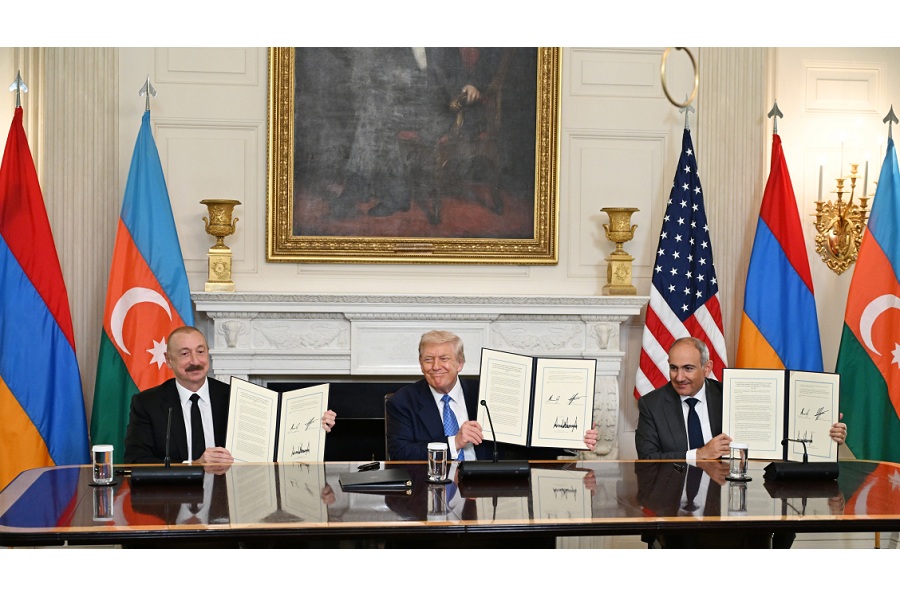The Suez and Panama Canals once transformed global trade, opening the shortest routes between continents. Today, the Zangezur Corridor has the potential to become their overland counterpart for the 21st century. Thanks to the political will of President Ilham Aliyev, the project has moved from an idea to reality.
The Zangezur Corridor is more than just a new land route between East and West. It is an infrastructure project the significance of which can be compared to the greatest milestones in global transport history - the Suez and Panama Canals. In the early 20th century, the Panama Canal dramatically cut shipping times between the Atlantic and Pacific oceans, while in the 19th century, the Suez Canal created the fastest sea link between Europe and Asia. The Zangezur Corridor can play a similar role on land - connecting China, Central Asia, the South Caucasus, and Europe via a direct, fast, and reliable route. President Ilham Aliyev played a decisive, and in many ways historic, role in transforming the corridor from a concept on paper into a concrete international project now moving toward implementation.
The economic and geopolitical importance of the Zangezur Corridor is hard to overstate. According to World Bank projections, by 2027, it could add $50-100 billion annually to the global economy by speeding up and reducing the cost of transportation. Bloomberg reported in May 2025 that it could cut transit time between Europe and Asia by 12-15 days compared with current routes. For the world economy, this means not only faster deliveries but also lower logistics costs in key sectors - from engineering and electronics to energy and agriculture. Oxford Economics estimates annual logistics savings at $20-30 billion. For Azerbaijan, the gains are tangible: according to the Center for Analysis of Economic Reforms and Communication, the corridor could boost total exports by more than $700 million a year and increase non-oil GDP by around 2% annually.
The corridor’s impact extends beyond the numbers. It will strengthen Eurasia’s connectivity, make transit more resilient to political and climate risks, and reduce dependence on narrow maritime chokepoints that are vulnerable to blockages and crises - as seen with the Suez Canal. The development of this overland route will also spur the modernization of railways, logistics hubs, and border infrastructure across several countries, creating thousands of jobs and stimulating local economies.
The Zangezur Corridor is not just another transport link - it is a strategic investment in global stability, economic growth, and energy security. Its significance for global trade is comparable to the most remarkable engineering feats of the past two centuries. Much of the credit goes to President Ilham Aliyev, whose determination, diplomatic skill, and ability to unite diverse interests around a shared goal turned a political vision into a tangible international project. His leadership, persistence, and ability to balance competing priorities have been key to ensuring that the Zangezur Corridor - the most important overland equivalent of the Suez and Panama Canals - is already starting to reshape the global economic map.







